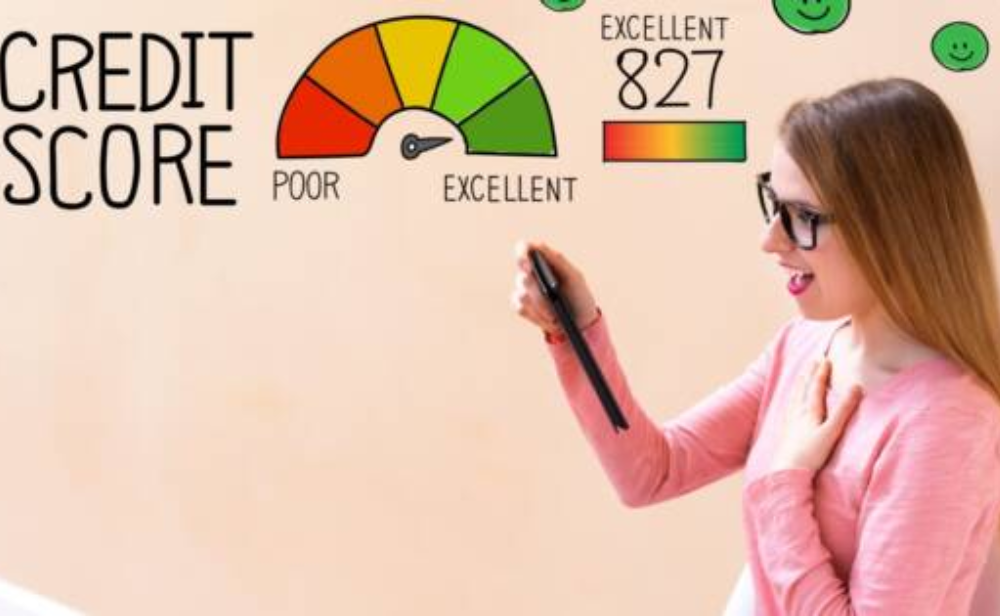Perfect Credit Score: What Makes Consumers Stand Out? 5 Common Traits Revealed
You may be doing things that harm your credit score without realizing it, impacting your ability to obtain credit and the interest rate you pay. Consumers sometimes don’t understand which behaviors can help them improve their credit ratings, according to a 2014 Credit.com poll.
A perfect credit score, the maximum figure a customer may earn inside a credit scoring system, is regarded as the financial world’s unicorn. That mystical and seemingly unachievable amount is 850 for the FICO® ScoreScore, one of the most widely used credit scoring models.
However unachievable it may seem, it is still possible for you to either get a perfect or near-perfect credit score by following certain traits of consumers with perfect credit scores.
Here are five traits of consumers with a perfect credit score.
Table of Contents
Traits of Consumers With Perfect Credit Scores
Regardless of background or life experience, high performers have “strikingly similar” credit habits. Hence, it’s important to keep a check on the following credit habits;
1. Timely Payments
According to Gerri Detweiler, director of consumer education at Credit.com, payment history is the most important feature in most credit scoring models. Late payments of 30 or more days will drastically lower your credit score. And according to her, one late payment is enough to lower your credit score. According to myFICO.com, 96 percent of customers with a credit score of 800 pay their credit cards on time, while 68 percent of those with a score of 650 have past-due accounts.
Also, if you can only afford to cover the minimum, Detweiler advises paying on time because it impacts your credit score more than the amount you pay. Set up automatic bill payments with your credit card or bank account to avoid missing payments.
2. Minimize Credit
The second most powerful component in your credit score is the quantity of debt you have relative to the amount of accessible credit; according to myFiCO.com, those with a credit score of 800 use just 7% of their available credit on average. However, most individuals with a credit score of 650 have used up all of their available credit.
Paying down high-use credit accounts might result in a considerable rise in your credit score. Suppose your credit cards are maxed out, and you can’t pay them off quickly. In that case, she suggests consolidating your balances with a personal loan from a bank because the credit utilization ratio (total credit balance divided by the amount credit limit) for those loans isn’t calculated the same way and doesn’t weigh as heavily on your ScoreScore.
3. Decrease Balances
According to Jason Steele, a credit card expert at CompareCards.com, people with perfect credit scores typically carry modest balances on their credit cards and often don’t pay interest since they pay their bills in full monthly.
In other words, he explains, they only use credit cards for purchases they can pay off in cash. Steele suggests checking into your credit card account immediately after making purchases to pay it off to develop credit discipline and prevent accumulating balances.
4. Limit Credit Cards
People with perfect credit score typically receive the greatest credit card offers. They are, however, astute in their card selection. For example, while stores frequently provide a discount when you register for their credit cards, their credit limits are generally low, which might harm your credit usage ratio if you carry a load on those cards.
According to Steele, cards with annual fees should also be avoided unless they offer perks that offset the charge, such as cash-back incentives and miles that can be used for travel. Smart credit users look for cards that waive the fee for the very 1st year, then re-evaluate the card in the 2nd year to see whether the benefits exceed the fee, according to Steele.
5. Long Credit History
The average high achiever’s oldest credit is from 25 years ago. There’s a rationale for why older people have higher credit ratings. When you register new credit cards, the mean lifespan of your credit history decreases. The typical credit account for top achievers is 11 years old.
According to myFICO.com, individuals with a credit score of 800 have an average account history of 11 years (the oldest account started 25 years ago). In contrast, those with a score of 650 have an average account history of seven years (with the oldest account opened 11 years ago).
According to Detweiler, creating multiple new accounts at once can reduce the average age of your credit history. Closing old, inactive accounts can also be detrimental. Because canceling an account means you can no longer access that available credit, this action may boost your credit usage percentage.
Bottom Line
MyFico.com, the consumer subsidiary of FICO, the business that produced the most frequently used credit score, issued a study on “high achievers,” or customers with FICO scores of 785 or above.
FICO ratings vary between 300 and 850. FICO scores are calculated using the information provided by lenders, banks, and credit card businesses that submit your account information to credit bureaus such as Experian, Equifax, and Transunion. The higher your credit score, the better your loan and credit card conditions and interest rates.
Every customer has the opportunity to improve their credit ratings. According to MyFico.com, more than 50 million people have credit scores of 785 or higher, accounting for almost a quarter of all persons with credit scores.
To take the proper actions to improve your credit score, you must first grasp the fundamentals of credit scoring. The FICO credit score runs from 300 to 850 and is the most often utilized ScoreScore in lending decisions.
According to myFICO.com, the consumer section of FICO, a FICO score of 750 to 850 is considered good, and people in that range have access to the lowest rates and best loan conditions. A score of 700 to 749 is considered good, and people with a perfect credit scores will most likely be accepted for loans but may have to pay a slightly higher interest rate.
According to myFico.com, a credit score of 650 to 699 is considered fair, and individuals with this ScoreScore will pay higher rates and may even be denied loans and credit.






